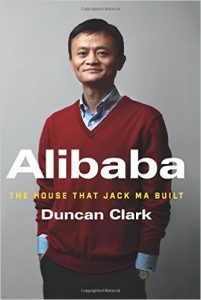
CABS: Delivering Learning & Teaching Through Collaboration
Four members from co-design woke a little earlier on 25th April to head towards the west of England for the CABS Learning, Teaching and Student Experience conference (LTSE) 2017. The location this year was the Bristol Marriott Royal Hotel, an ornate Victorian building in the heart of the city.
This was the 7th annual LTSE conference and the biggest yet. Tickets to attend the first day had sold out, we know because we had tried to get a few extra places for members of the co-design group.
Continue reading →









